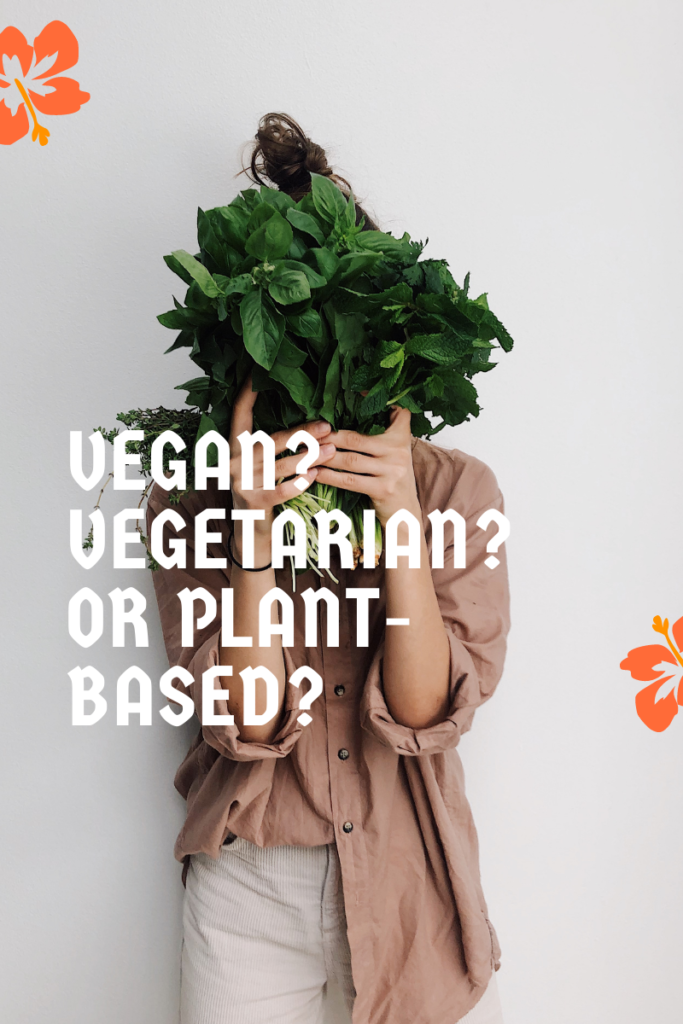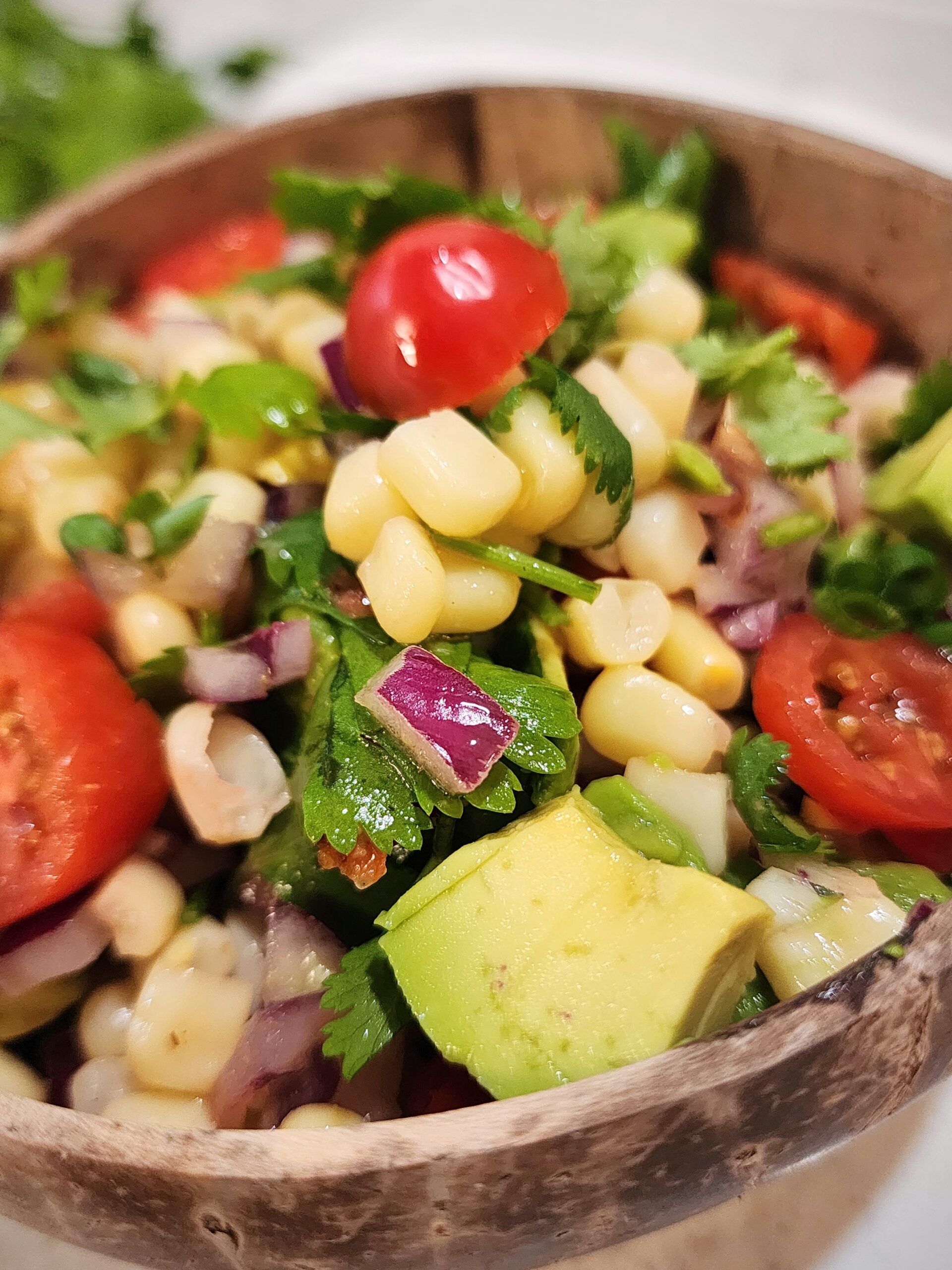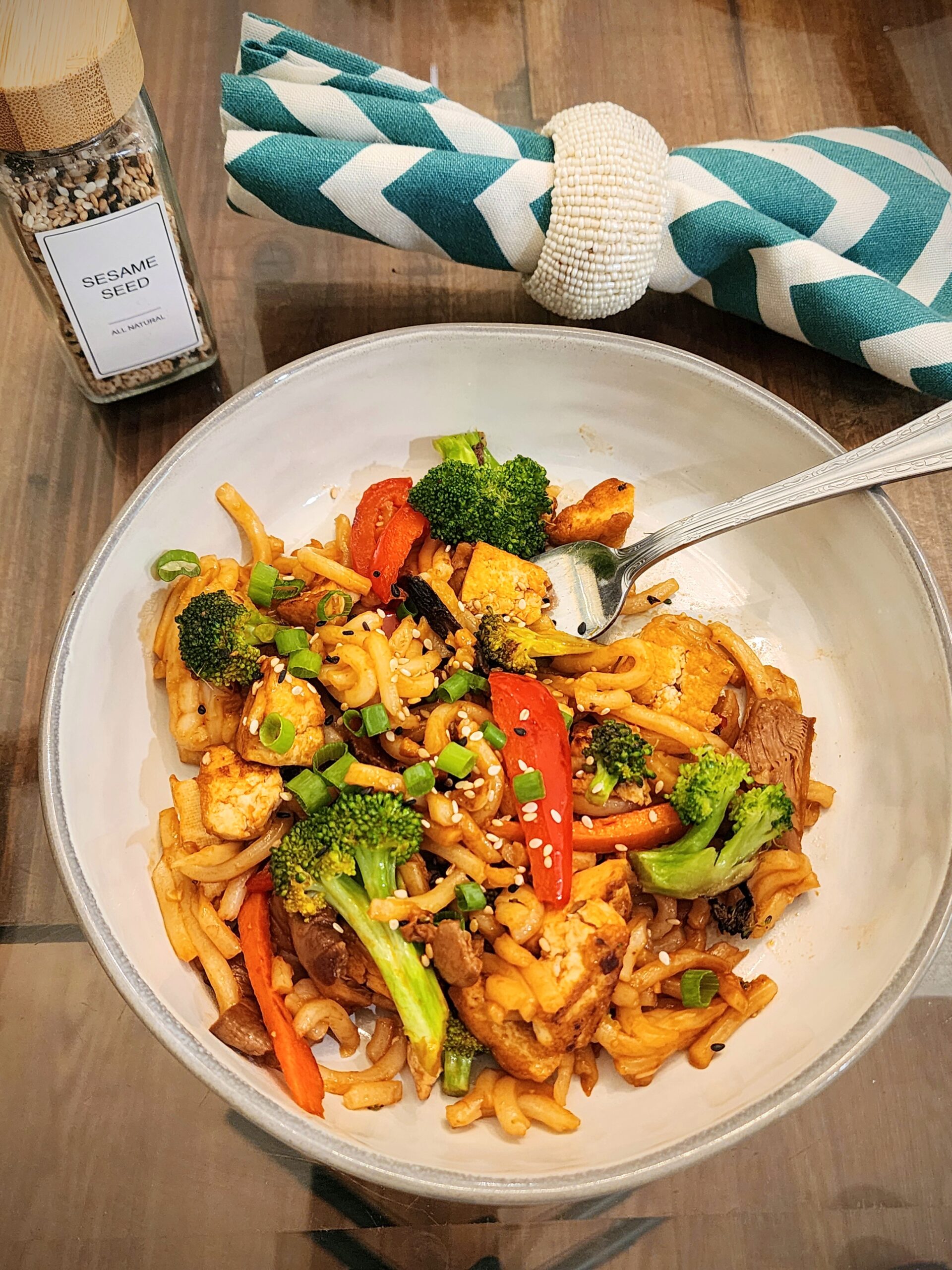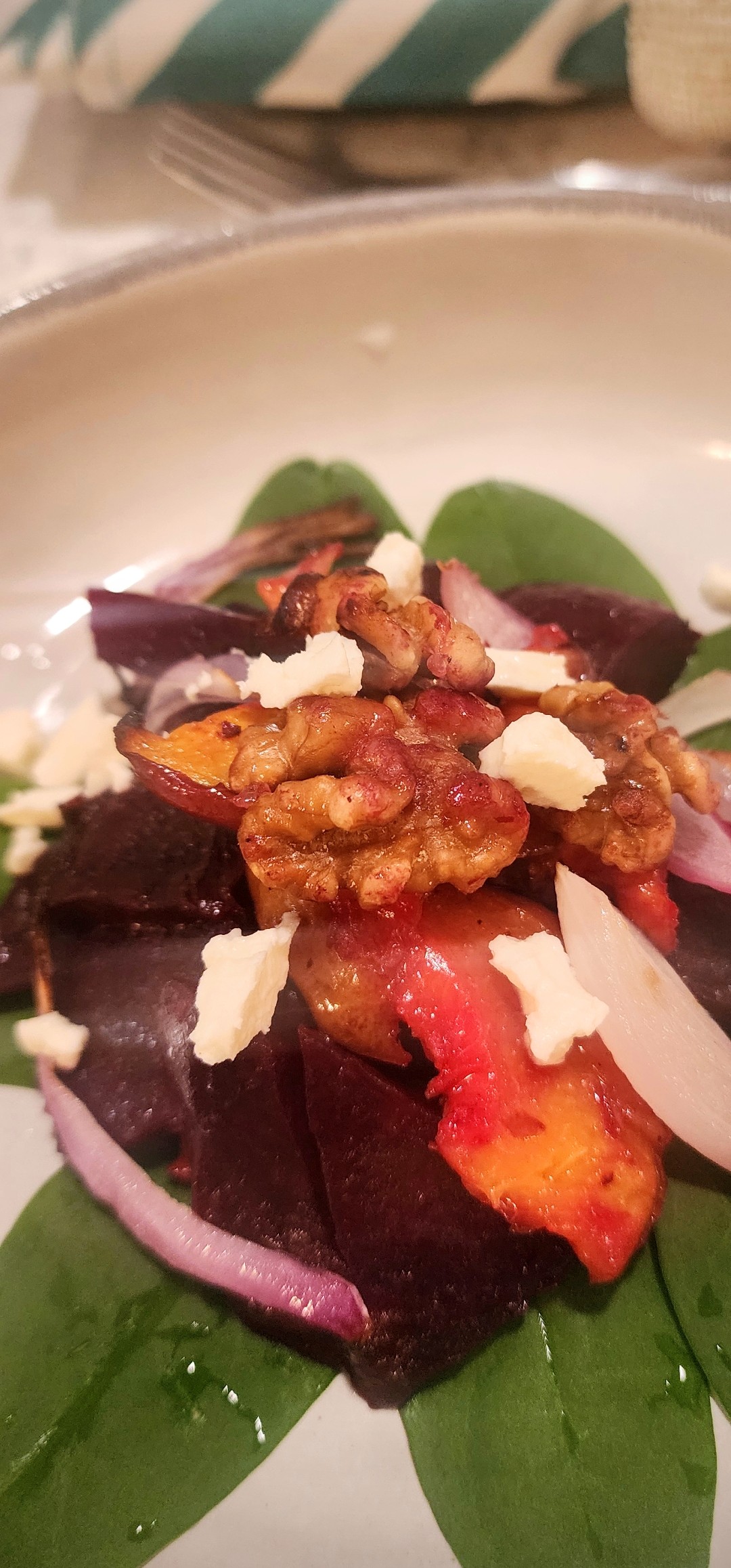
I don’t know if you have noticed, but Plant Based Whole Food eating seems to be trending these days as the general population is becoming more and more aware of the impact that food intake has on general and future health. It is also documented that a Plant Based diet has a significant impact on the environment and the overall health of the planet. More on that later. But for now,
WHAT IS A PLANT BASED WHOLE FOOD DIET?
According to Lauren Manaker, RDN, the main idea is to make plant-based foods the central part of your meals. “A plant-based diet emphasizes foods like fruits, vegetables, and beans, and limits foods like meats, dairy, and eggs,” (What Is a Plant-Based Diet?). From there, more restrictions could be put in place depending on how strict you want to be. “It may completely eliminate foods from animals or just limit intake, depending on the individual’s interpretation,” (Manaker).
What Is a Plant-Based Diet? https://www.everydayhealth.com/diet-nutrition/plant-based-diet-food-list-meal-plan-benefits-more/
Alexis Joseph, RD, the dietitian behind the popular blog Hummusapien states the following: “A plant-based diet means eating primarily whole plant foods rich in vitamins, minerals, fiber, antioxidants, and healthy fat.” He admits that a plant-based diet can vary from person to person, but in a more general sense it means prioritizing plant foods—”specifically minimally processed fruits, veggies, whole grains, beans, legumes, nuts, and seeds.”
https://www.womenshealthmag.com/food/a25804908/plant-based-diet/
Despite the definition of what plant based means for each individual, Harvard Studies claims that moving towards a plant based (in the right way) diet is beneficial for all.
Fortunately it has become easier and easier to do this. You can buy plant based burgers, plant based chicken, even plant based pork and sausage in grocery stores like Publix and Walmart and you can even order an Impossible meat burger in Burger King and White Castle! See the link below for 12 fast food restaurants that serve Impossible meat items.
WHAT IS THE DIFFERENCE BETWEEN A VEGAN DIET, A VEGETARIAN DIET AND A PLANT BASED DIET?

Let’s start with the Vegetarian. The vegetarian diet, overall, involves abstaining from eating meat, fish and poultry. It is noted that people often adopt a vegetarian diet for religious or personal reasons, as well as ethical issues, such as animal rights or environmental health.
However, there is a wide gambit of terms that fall under the term ‘Vegetarian.’ Vegetarian Nation cites 7 different variations of vegetarian diets – vegan, of course, lacto vegetarian, ovo vegetarian, lacto-ovo vegetarian, pescatarian, pollotarian, and flexitarian.
https://www.healthline.com/nutrition/vegetarian-diet-plan#definition
The vegan diet, on the other hand, does not include any animal-based products and therefore excludes eggs, honey, and dairy. Like the vegetarian, some people choose to follow a vegan diet for ethical, environmental or health reasons.
Plant Based advocates tend to stay away from labels and focus more on a philosophy of eating plant based food products. Dr. Michael Greger, the author of How Not To Die diet, describes the plant-based diet as “an eating pattern that minimizes the intake of meat, eggs, dairy, and processed junk and maximizes consumption of whole plant foods, such as fruits, vegetables, legumes (beans, split peas, chickpeas, and lentils), whole grains, nuts and seeds, mushrooms, and herbs and spices.” With a Plant Based Diet, according to Dr. Christine Kirlew, M.D., an internal medicine physician at Piedmont, you can decide whether or not you want to consume animal products, and the focus is on eating mostly foods that come from plant sources.
https://goodtimes.sc/santa-cruz-news/diet-guru-michael-greger/
https://www.piedmont.org/living-better/the-difference-between-a-vegan-and-a-plant-based-diet
As you can see, there is a varied panorama of terms related to this topic. And I’m no expert, but the overall difference I see between the 2 extremes of this spectrum – vegan and plant based – is that a vegan diet focuses on eliminating all animal products and a plant-based diet focuses on eating plant based foods. It is also noted that plant based eaters strive to eliminate or reduce processed foods.
For me personally, I feel that the plant based diet is less daunting than the vegan diet; mainly because I am less inclined to eliminate fish, eggs and cheese at the moment. However, current studies indicate that this is ok. Harvard studies point out that increasing the right plant based foods in your daily diet is the right step towards heart health and better health in general.
“If embracing a full plant-based diet feels intimidating, then begin small. ‘A moderate change in your diet, such as lowering your animal food intake by one to two servings per day and replacing it with legumes or nuts as your protein source, can have a lasting positive impact on your health,’ says Dr. Satija.
https://www.health.harvard.edu/staying-healthy/the-right-plant-based-diet-for-you
WHAT ARE THE BENEFITS OF A PLANT BASED DIET?

There has been ample research on the benefits of Plant Based Whole Food Eating through the years. In the 1980s, T. Colin Campbell, a nutritional biochemist of Cornell University, in partnership with researchers from Oxford University, embarked upon one of the most comprehensive nutritional studies ever known as The China Project. The findings from The China Study indicate that the lower the percentage of animal protein consumed, the greater the health benefits.
While the China study has had some controversy surrounding it, it is indicative of the strong correlation between diet and chronic illness.
The Plant Based Health Professionals of the UK published the 10 most prominent studies on the benefits of the Plant Based diet in 2019, including the 2019 US guidelines on the primary prevention of cardiovascular disease (CVD) that specifically recommend plant-based diets as a means of preventing CVD.
In August of 2021, The Washington Post, published a report titled “A plant-based diet is the best way to avoid heart disease” citing that “poor food choices account for almost 50 percent of all cardiovascular disease fatalities.”
Furthermore, there are a surge of medical doctors who are leading the movement towards Plant Based Whole Food Eating who provide valuable information and support for this lifestyle. The quirky amicable Dr. Michael Greger is highly visible on social media and seems to make this lifestyle more approachable, or at least manageable. (Check out his daily dozen app to monitor your PBWF daily intake)
Dr. Greger also dedicates much of his research in the role that diet plays in preventing and even reversing chronic diseases. I recommend reading his latest book How not to die
While the Plant Based diet has its challenges, especially in the preparation of food, the benefits are certainly rewarding.
1.Boost your Immune System
2. Reduce Inflammation
3. Lower your risk of Cancer, Diabetes and Heart Disease
4. Increase Brain Health
5. Maintain a Healthy Weight
6. May lower blood pressure and cholesterol levels
7. May minimize your risk of a stroke
https://plantbasedhealthprofessionals.com/the-top-10-studies-of-2019-supporting-plant-based-nutrition-for-health
https://www.medicalnewstoday.com/articles/326176#benefits
https://www.everydayhealth.com/diet-nutrition/scientific-benefits-following-plant-based-diet/
So don’t worry about labels or restrictions, just hop on board for a commitment towards a more healthy plant based (or vegan or vegetarian) diet. Making the right choices can lead you into better overall health and make significant changes to the well being of the environment.



